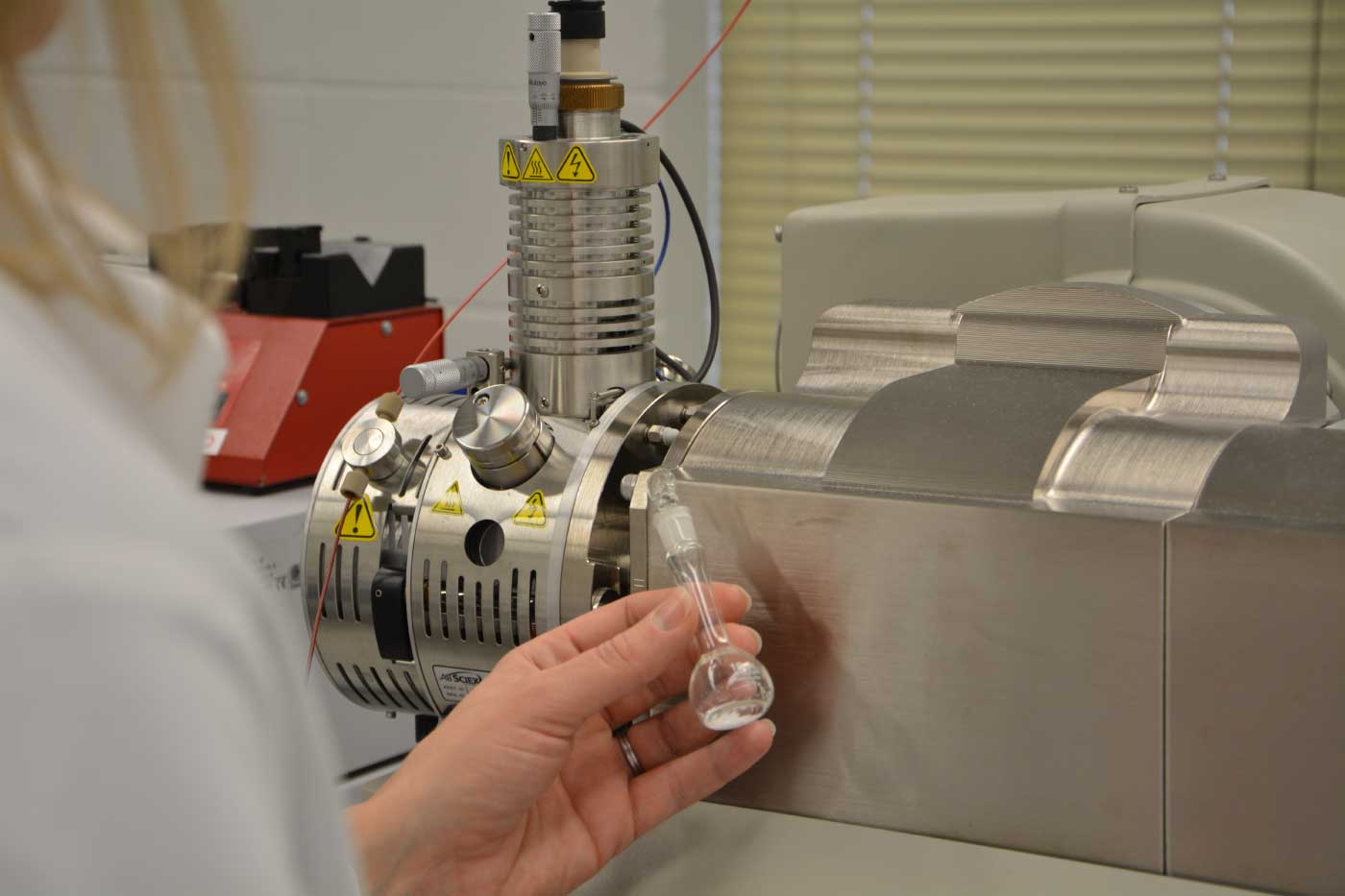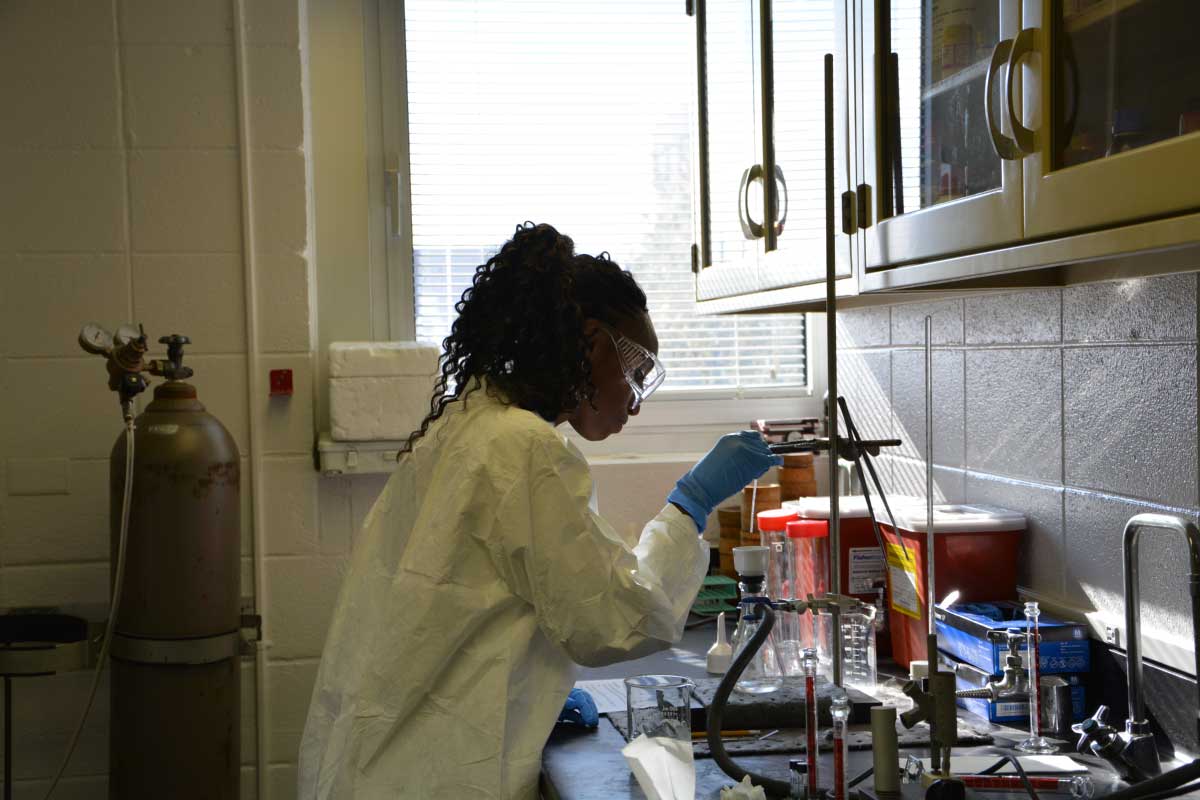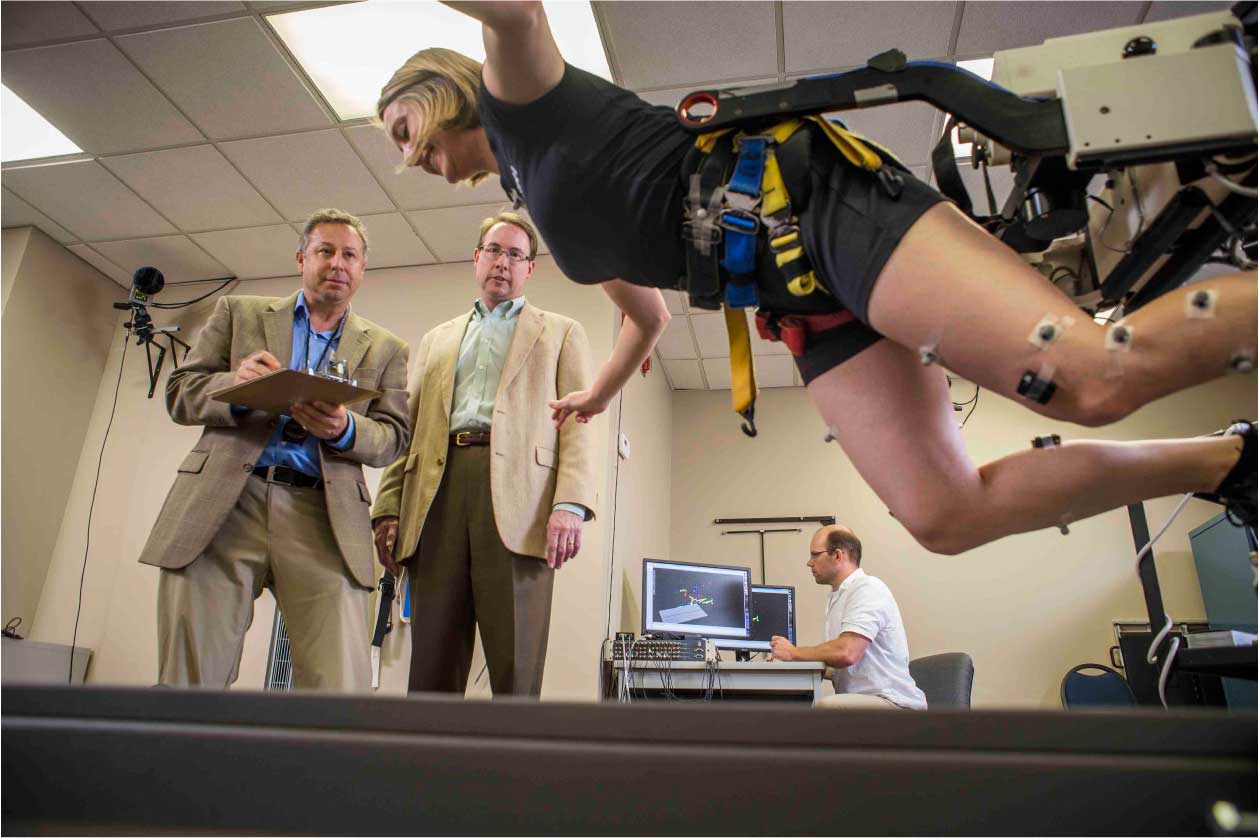BIRMINGHAM, Ala. – December 15, 2014 – Southern Research recently welcomed John Sweeney, development director, and Catherine Cozart, director of contracts and proposals, to the Southern Research team. Both Sweeney and Cozart are based in Southern Research’s Birmingham headquarters.
In a new role for Southern Research, Sweeney becomes its first development director. He comes to the organization from Birmingham-Southern College, where he was director of development. Sweeney’s career tenure in development also includes roles as regional director for the Make-A-Wish Foundation and the Arthritis Foundation and donor recruitment manager for the American Red Cross. At Southern Research, he will be responsible for the cultivation of philanthropic giving and corporate and foundation relations under the direction of Watson Donald, director of government affairs. Sweeney earned a bachelor’s of history from Millsaps College and a master’s of divinity from Duke University. He was recognized as the 2007 Presidential Scholar for the Association of Donor Recruitment Professionals.
Cozart has an extensive background in contract administration with more than 20 years building and leading contract management organizations to support profitable, sustainable growth for small, mid-size, and large enterprises including Deloitte, Booz Allen, and Harris Corporation. At Southern Research, Cozart will manage and oversee the organization’s contracts and proposal functions under the leadership of M. Allison Taylor, vice president and general counsel.
Cozart earned a bachelor’s in business administration and accounting and an MBA in finance from Johns Hopkins University. She is an active member of Women in Technology (WIT), National Contract Management Association (NCMA), and Court Appointed Special Advocates (CASA).
About Southern Research
Founded in 1941 in Birmingham, Alabama, Southern Research is a not-for-profit 501(c)(3) scientific and engineering research organization that conducts preclinical drug discovery and development, advanced engineering research in materials, systems development, and environment and energy research. Approximately 500 team members support clients and partners in the pharmaceutical, biotechnology, defense, aerospace, environmental, and energy industries in facilities in Alabama, Maryland, North Carolina, Georgia, and Texas.



